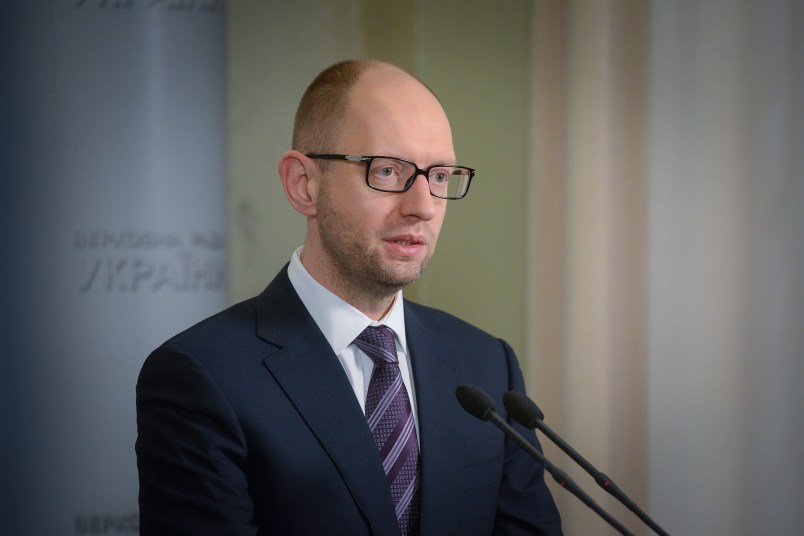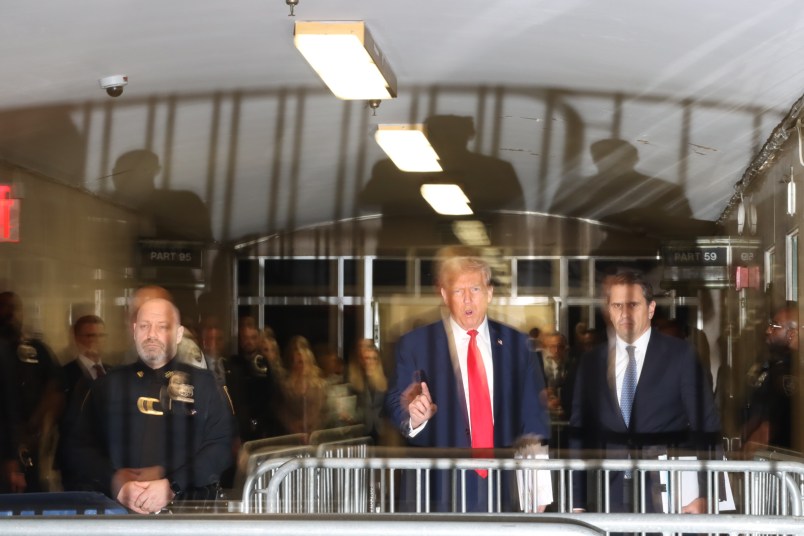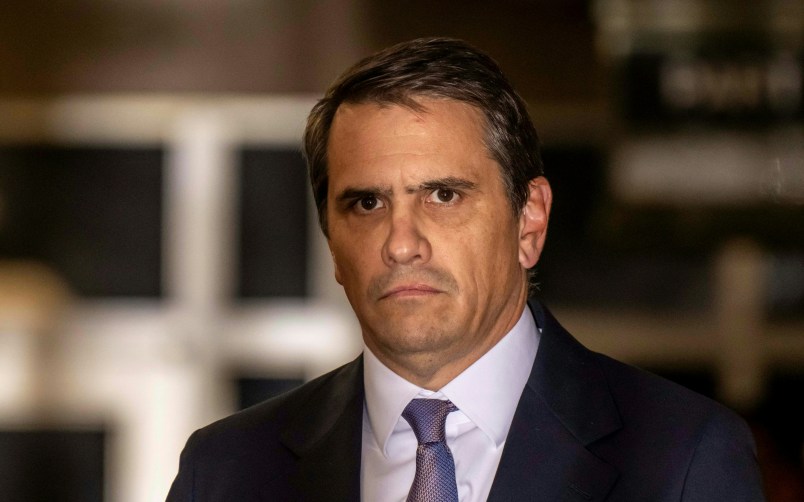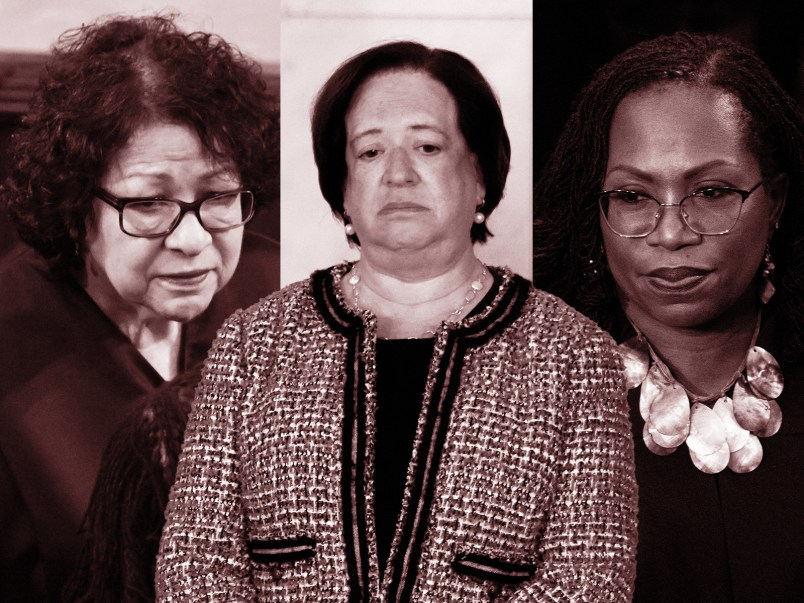WASHINGTON (AP) — The House of Representatives was poised Thursday to pass the first aid bill for Ukraine’s new, pro-Western government, while both chambers of Congress looked to advance legislation imposing hard-hitting sanctions on Russian President Vladimir Putin’s government.
The House was scheduled to vote in the afternoon on a bill providing loan guarantees to the government in Kiev that came to power last month after protesters ousted the country’s pro-Russian leader. The Obama administration has promised $1 billion in such financial support.
And the House Foreign Affairs Committee planned its own vote on a resolution condemning Russia’s takeover ofUkraine’s Crimea and backing the Obama administration move to put in place visa, financial and trade sanctions. The White House took the first step in that direction Thursday, announcing travel bans on unidentified individuals for involvement in the military intervention or other action destabilizing Ukraine.
“The steps Russia has taken violate Ukraine’s sovereignty, Ukraine’s territorial integrity, and are a breach of international law,” Treasury Secretary Jacob Lew told the House Ways and Means Committee, according to prepared remarks.
“We have made it clear to Russia and others that steps to undermine Ukrainian democracy and territorial integrity will result in further political and economic isolation should they continue on this path,” the State Department’s Eric Rubin told the House Foreign Affairs Committee, in the first congressional hearing devoted solely to Ukraine.
Efforts in the Senate, too, were advancing. Its bill is likely to most resemble the final product from Congress, combining the loan guarantees to Ukraine with measures against Russia that would include penalties on state-owned banks and companies. The bill could be introduced as early as next week.
Thus far the U.S. sanctions push has represented a rare case of broad agreement among the Obama administration and Democratic and Republican legislators. But they’re also united in their concern that American economic penalties will mean little without the participation of European countries with far deeper commercial relations with Russia.
NATO’s 28 nations decided Wednesday to suspend a joint mission with Russia, as well as planned civilian and military meetings. Washington has halted military and economic talks. The U.S. and the European members of the Group of Eight industrialized nations — Germany, Britain, Italy and France — all have halted preparations for a planned June summit in Russia’s Black Sea resort of Sochi.
The Senate bill hopes to go further.
Sen. Chris Murphy, D-Conn., who heads a Senate subcommittee on the region, told reporters the package would blacklist Russian individuals, banks and petrochemical companies. But he said it was vital that the United States not act alone.
“Our sanctions are pretty toothless without Europe as part of that package,” said Murphy, who is spearheading the bill along with Sens. Bob Menendez and Bob Corker, the Democratic chairman and top Republican on the Foreign Relations Committee.
“Europe is not where they need to be right now,” he said. “I think they are willing to give Putin a much longer leash than we are.”
While EU foreign ministers have threatened Russia with “targeted measures,” the rhetoric in Brussels is far more cautious than in Washington. That’s because any action targeting influential Russian businessmen or major Russian companies would also harm Europe’s economic interests. Russian investors hold assets worth billions in European banks, particularly in Britain and Cyprus.
Britain is protective of London’s huge financial industry and is reluctant to undermine the sector as the country crawls out of recession. The British hesitance to act was seen on a government document caught on camera by a film crew when a British official carrying it was walking by the prime minister’s office. The document, which was filmed, then enlarged, said Britain “should not support for now trade sanctions or close London’s financial center to Russians.”
Germany, which gets a third of its gas supplies from Russia, has similarly urged patience. Altogether, Russia is the European Union’s third-largest trading partner, mainly because of oil and gas imports, but also due to significant Russian purchases of European machinery, cars and other exports.
EU countries sold $170 billion worth of goods to Russia in 2012; U.S. exports to Russia barely exceeded $11 billion last year.
Since last weekend, Russian troops have taken control of much of the peninsula on the Black Sea, where ethnic Russians are the majority. Moscow doesn’t recognize Ukraine’s new government, and Putin and other officials have cited strategic interests as well as the protection of ethnic Russians in making the case for intervention.
Economic and diplomatic measures are about the only form of pressure the U.S. is considering at the moment.
Testifying Wednesday before the Senate Armed Services Committee, Defense Secretary Chuck Hagel said the U.S. was stepping up joint aviation training with Polish forces and increasing American participation in NATO’s air-policing mission in its Baltic countries. But neither he nor Joint Chiefs Chairman Gen. Martin Dempsey mentioned any military options.
Copyright 2014 The Associated Press. All rights reserved. This material may not be published, broadcast, rewritten or redistributed.









